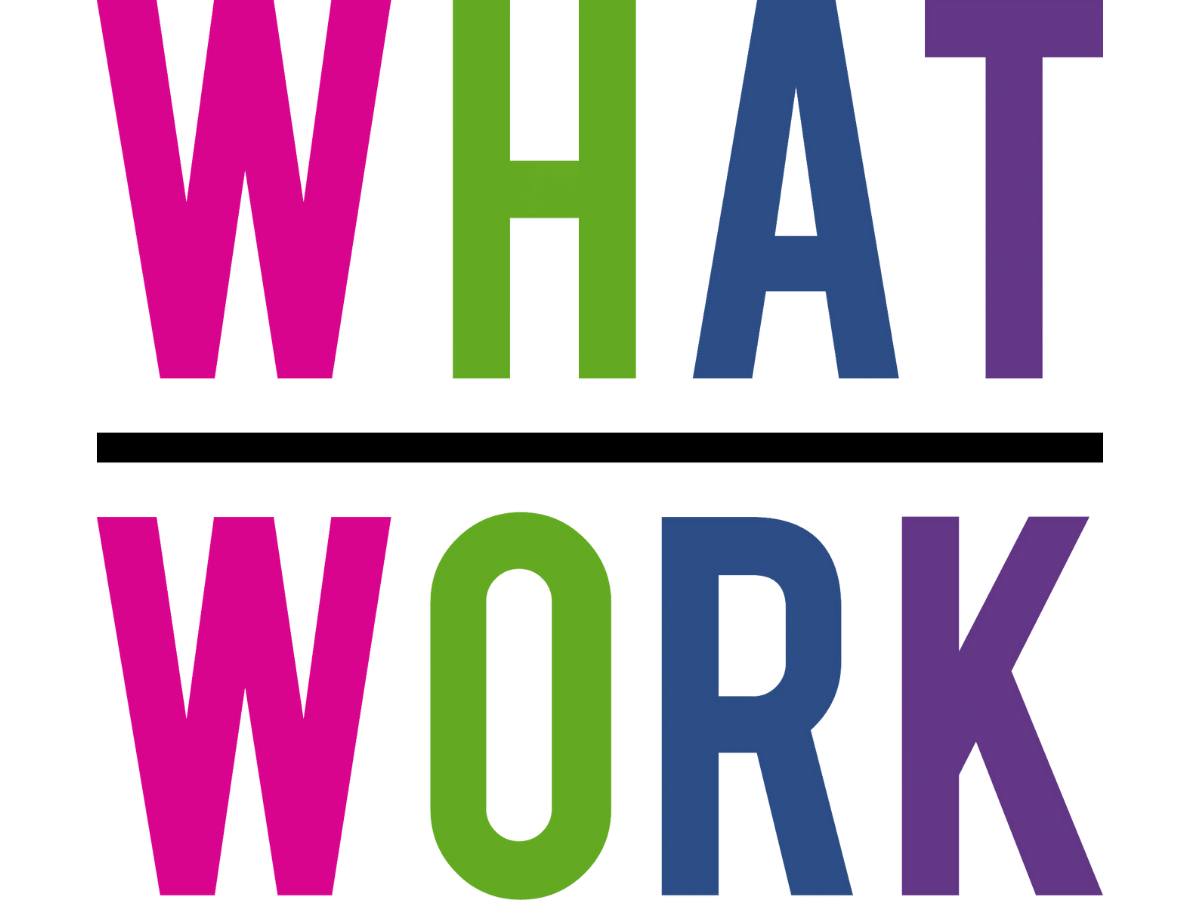
What you give your energy and attention to grows. What you neglect deteriorates and eventually catches up with you. It is like that with your physical and mental health, but also with other aspects of your life. I have looked at what constitutes career fitness and how it can be improved by identifying and addressing its key aspects.
So, what is career fitness?
Career fitness is your current state of fulfilment with your work/job, as well as your preparedness for change, based on your knowledge of your own values, strengths and priorities.
If you neglect your health and fitness, unhealthy habits eventually result in the loss of health and vitality. Equally, if you neglect your career and have no sense of purpose or direction (or perhaps you do but are staying in a job or a career or an environment that doesn’t suit you), you will eventually face negative consequences. It could be a loss of income or job; it could be burnout; it could be a general feeling of unfulfillment and regret. While we often need to make small compromises along the way because the concept of a “dream job” may as well be a myth, it is extremely important not to live a compromised life. The difference is huge.
Working with clients in career transition over the years, I have noticed that they may struggle with an array of issues, which can be grouped into the following:
1. Not knowing your core values and career values.
2. Being in a job/career that does not leverage your top strengths.
3. Lack of clarity and career direction.
4. Being unfulfilled in your career because of one of the following (or several):
• Not being paid adequately (or feeling so).
• Poor work-life balance.
• Unsupportive or even toxic environment.
• Management not leading by example (double standards/politics).
• Lack of career progression opportunities.
• Lack of structured learning and growth.
5. Unclear personal brand.
6. Not having a great network.
7. Being unprepared for job hunting, including interviews.
Of course, this list can go on indefinitely. The point is that most of us value similar things, yet the non-negotiables in our lives and careers may be different. We prioritize them differently. That’s precisely why knowing your own values and priorities is so important! If you are not super clear on what matters to you, how can you expect to get it?
Another point I want to make is about subjectivity and perception. I often hear clients saying they feel unappreciated, undervalued or even taken for granted. Taking charge of your career and your personal brand, making sure you are heard and seen is key. Acknowledging that you are part of the problem and can consequently grow and change to be part of the solution is crucial. Again, this is precisely the spot where we run into our saboteurs, programming and critical voices that often urge us to hold back, not to “brag” and so on.
This leads on to another component of career fitness. In the VUCA (volatile, uncertain, complex and ambiguous) world, we need not only prepare for change, but embrace it. Of course, this is often easier said than done. With the advent of new technologies, the landscape of work and careers is changing by the minute. Being prepared for job hunting, constantly building and maintaining your network, having a clear personal brand, and staying top of your game are but a few crucial points to pay attention to.
Again, much like with physical health, prevention is much better than the cure. So, how is your career fitness these days? What are the main aspects that need attention? Get down on dealing with them now; do not wait for a wake-up call that may come as a redundancy or a similarly unwelcome event.
Here’s to your career health!
THIS ARTICLE WAS ORIGINALLY PUBLISHED BY FORBES COACHES COUNCIL


